With the recent boom in CBD and hemp products used in the wellness space, there has been an influx of CBD and hemp-based products on the market. Hemp oil and CBD oil are two of the most misunderstood, yet popular oils on the market. With all of the confusion about these products, it is no wonder that consumers have been left wondering which one they should buy. In this blog post, we will discuss a few things to help you make a more informed decision when it comes to hemp oil vs CBD oil!
A Bit About Cannabis, Hemp, And CBD
Cannabis is a plant that has been used for medicinal purposes since ancient times. It was only recently that it became illegal to use, which led people to search for other sources of cannabinoids such as hemp oil and CBD oil. However, there are many misconceptions about these two substances, and they can both be effective medicines when taken with proper dosage and care. A commonly asked question is if hemp oil and CBD oil are the same, the answer to that question is no they are two very different products that will have very different effects. Another question also asked is which one is better CBD oil or hemp oil? The answer to that depends on each individual and what effects they are looking for. While both are derived from species of the cannabis plant, hemp oil and CBD oil have far fewer similarities than one might think.
Hemp oil and CBD oil are both made from the cannabis plant, but they are derived in different ways. Hemp oil is usually extracted with a carrier like a coconut or olive oil, while CBD is typically extracted using solvents like CO2. It is important to note that they come from completely different parts of the hemp plant and work in entirely different ways! The differences between these two oils can be very confusing for someone who has never tried them before. There is still some widespread confusion about these two different types because they both can come from the hemp plant. The biggest difference between CBD oil and hemp oil is the cannabinoid content. Hemp-derived CBD products and hemp oil are legal and contain only trace amounts if any THC. Hemp plants contain a much higher level of CBD, while cannabis plants contain higher levels of THC.
What is Hemp Oil?
Hemp oil is a product that can come from the hemp variety of cannabis or be produced with industrial hemp. High-quality hemp oils will have very little to no THC in them and should also have other cannabinoids present such as CBG, CBN, etc. Hemp oil is extracted from the leaves and flowers of the hemp plant. Hemp oil is not the same as hemp seed oil. Hemp seed oil is taken from Cannabis sativa plant seeds. The seeds contain no CBD, however, they are a rich source of other fatty acids, nutrients like omega-6 and omega-3 fatty acids, vitamins B and D, as well as other compounds that can have health benefits. Unlike CBD, oil hemp seed oil is 100% cleared for use by the Food and Drug Administration (FDA) and is legal to buy and sell all over the country. always make sure to read product labels to see if you are purchasing hemp oil or hemp seed oil.
Hemp Oil Uses
Hemp oil has long been a popular way to manage a range of health concerns including skin disorders like eczema or acne, PMS, menopause, inflammation, and digestion. Hemp oil has even been used as an antibacterial agent. Hemp oil does not contain THC, so there will be no psychoactive or euphoric effects felt. Legal hemp oil must contain less than 0.3% THC. Even in very large doses hemp oil will not make an individual feel high. The hemp plant contains over 100 and 40 different cannabinoids and other organic compounds such as turbines. While CBD and THC are the two most common cannabinoids associated with hemp and marijuana, many of the others found in hemp oil have been associated with health benefits including digestion support, immune functions, better sleep, skincare, and more.
Hemp oil has been used for millennia to help support overall wellness by maintaining proper hormone balance, heart health, and cellular membrane structure. Because it naturally contains an abundance of these good fats, we call EFAs; skincare experts love it because it can be used as a natural moisturizer without clogging pores. Hemp seed oil also provides many nutritional benefits: vitamins A & E along with minerals such as zinc and iron provide powerful antioxidant properties.
What is CBD Oil?
CBD oil is extracted from the stems, flowers, and leaves of the hemp plant. CBD can be extracted from marijuana plants as well. Marijuana-based CBD has not been approved at a federal level, however, is legal under some state laws.
CBD oil can often refer to products that are made from marijuana plants which typically do contain high amounts of CBD at least compared to hemp plant material. CBD can be extracted from both marijuana and hemp plants. CBD is Marijuana contains higher concentrations of cannabinoids than hemp by weight so this results in a much more potent product when using a concentrated form like an extract or vape juice!
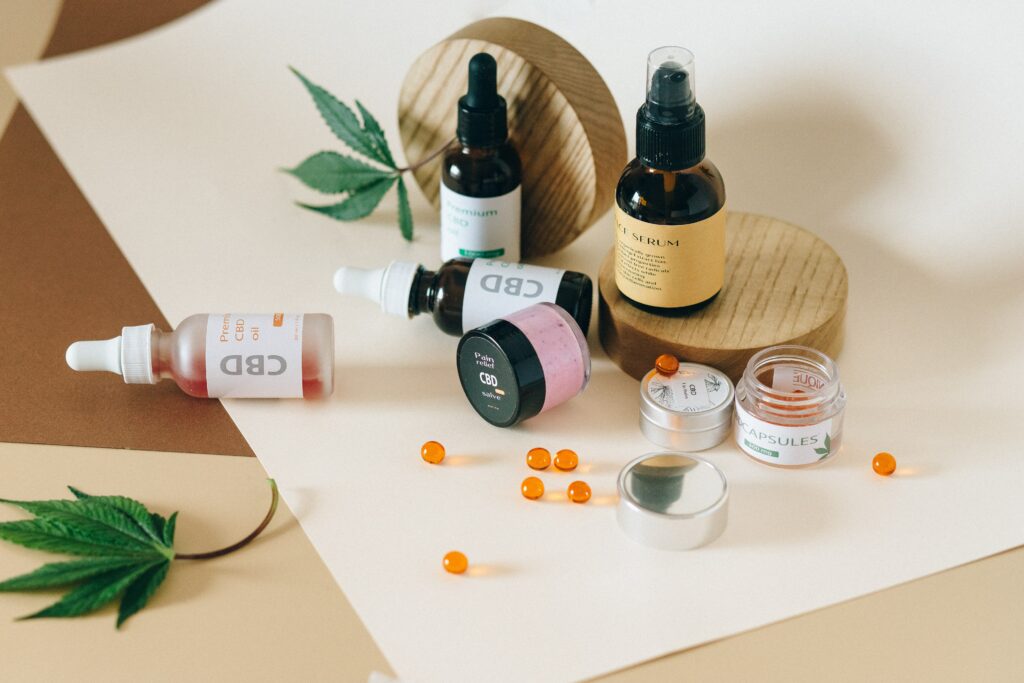 CBD oil derived from a marijuana plant can contain high levels of THC and will cause an individual to feel high. CBD oil that has higher concentrations of THC is not legal all over the country. This type of CBD oil is legal in areas where recreational marijuana has been legalized, as well as in places where medical marijuana has been approved.
CBD oil derived from a marijuana plant can contain high levels of THC and will cause an individual to feel high. CBD oil that has higher concentrations of THC is not legal all over the country. This type of CBD oil is legal in areas where recreational marijuana has been legalized, as well as in places where medical marijuana has been approved.
CBD oil is an isolated extract of a single cannabinoid, unlike hemp oil which contains over 140 different beneficial cannabinoids, and no THC or CBD. There are full-spectrum products that contain all cannabinoids including CBD and terpenes, as well as broad-spectrum CBD which contains cannabinoids and terpenes without THC. Some broad-spectrum THC-free CBD oils are on the market. CBD isolate is pure CBD, most often marketed as pure or 99% pure CBD.
Due to the variety of different CBD oil products on the market, it is very important to always read product labels before use, to ensure one is aware of the potency of the oil as well as what specific cannabinoid compounds are in it. This is particularly important with CBD products, due to the legality surrounding THC and marijuana-derived CBD products. Also, remember that the benefits of CBD are the same regardless of if it is cannabis-derived CBD or hemp-derived CBD. Products containing both CBD and THC may have both a therapeutic and a slight to moderate intoxicating effect.
CBD Oil Uses
CBD oil is used for a widespread variety of therapeutic benefits from digestive to aiding in mental health. CBD has been shown to have beneficial effects in controlling seizures. In fact, CBD has been approved by the FDA at a prescription-strength (Epidiolex) as a medication used for certain forms of epilepsy. It has been used historically for pain management for long-term pain sufferers and those with diseases such as cancer to manage the symptoms after chemotherapy. CBD oil has also been used for anxiety and depression, due to its positive interaction with the endocannabinoid system. CBD does not have an intoxicating effect and has been shown in some cases to counteract the effects THC and other stimulants like alcohol may have on the body.
Because of its anti-inflammatory properties, CBD oil can be used to manage pain in conditions such as multiple sclerosis, osteoarthritis, long-term injury, chronic pain, etc. Research continues worldwide on the practical and medical applications of CBD oil in both humans and pets such as cats and dogs. CBD oil has gained in popularity as an option for pets, especially those suffering from age-related pain and mobility issues.
How To Take CBD Oil And Hemp Oil
CBD oil and hemp oil can be taken and used in multiple ways. There are four main ways that CBD-infused products and hemp oil are generally utilized.
Topical CBD
CBD and hemp oil-infused products can be used directly on this skin as needed. While this does include things like patches, salves, creams, lotions, and more many people will simply apply the oil directly to their skin.
Ingestion
Ingestion of CBD and hemp oil can be done through drops, tinctures, capsules, beverages, or added to foods. Gummy candies, chocolate, coffee, even savory snacks.
Sublingual
Sublingually taking CBD means placing a few drops of tincture or oil under the tongue and allowing it to be rapidly absorbed through mucous membranes located in the mouth. Sublingual CBD can have faster effects and is a very discreet way to take CBD, which appeals to many people.
Inhalation
The use of inhaled CBD oil has become an increasingly popular way to use CBD. If choosing to use inhaled CBD products make sure that is their intended purpose. Always read all product labels, warnings, and packaging before use. Hemp oil is rarely if ever seen in inhalation intended products.
Both CBD oil and hemp oil have been used for generations to manage a wide range of medical concerns in ailments. Depending on an individual’s needs one or both of these compounds may have beneficial health effects. Remember that hemp oil must contain less than 0.3% THC, while CBD oil extracted from marijuana may also include THC. The effectiveness of a product will be dependent upon what other compounds are in the oil as well as the dosage of CBD and THC. Any oil marked only hemp seed oil will not have CBD in it and will likely not have the same therapeutic effects of hemp oil that contains CBD. as with any other health product make sure to read product labels, and purchase products from reputable dispensaries. If you need information on dispensaries in your area Leafy Mate can help.
Try Leafy Mate!
There are a large variety of cannabis products on the market, with many making impossible claims. If you are looking to buy hemp oil or CBD oil, it is very important that you understand the differences between hemp seed oil and cannabis-derived CBD oil. We hope this article on hemp oil vs CBD oil was helpful! Let us know if you have any questions at all – Leafy Mate is happy to help!

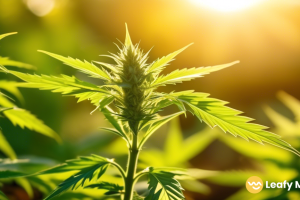
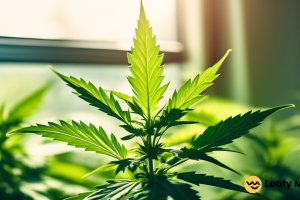
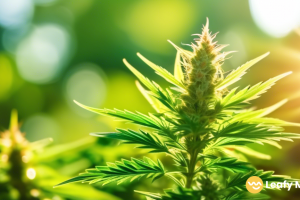




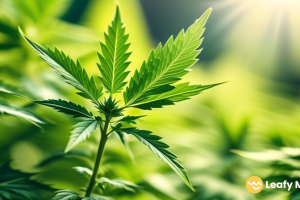
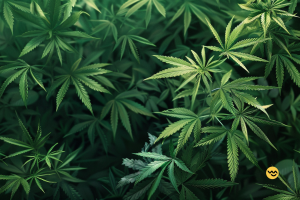
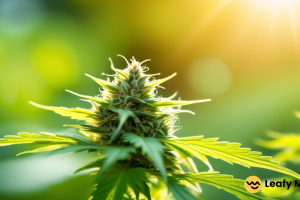
Leave a Reply